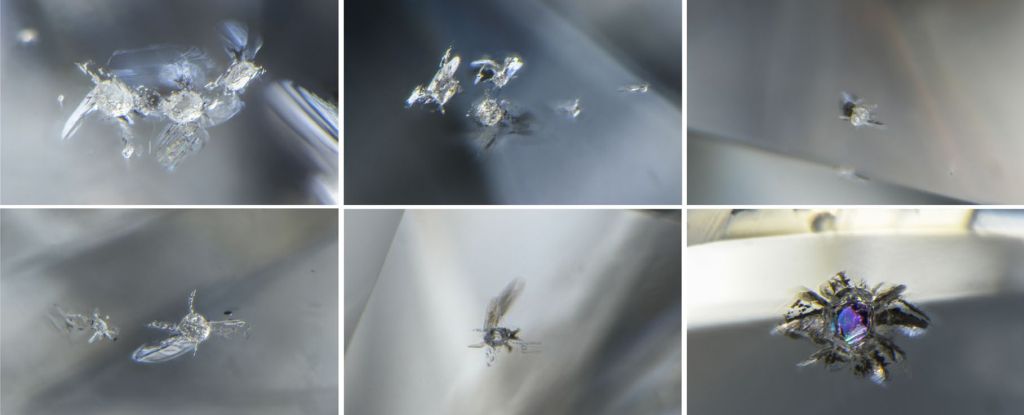Newly Finalized China Trade Rules Could Pose An Existential Crisis for Polestar
We’ve been hearing about the Biden Administration’s desire to block Chinese vehicles from entering the U.S. market, but it was only recently finalized. The new rules will have a significant impact on vehicles from many global automakers, especially Polestar , which could effectively be banned.


We’ve been hearing about the Biden Administration’s desire to block Chinese vehicles from entering the U.S. market, but it was only recently finalized. The new rules will have a significant impact on vehicles from many global automakers, especially Polestar, which could effectively be banned.

The new rules aim to block the “sale or import” of software for connected vehicles from countries the White House calls “countries of concern,” including China. Bluetooth, Wi-Fi cellular connectivity, and some satellite communications technologies are covered under the rules, with an eye on preventing foreign adversaries from collecting data on American citizens and infrastructure.
The software portion of the new rules goes into effect for the 2027 model year, while the hardware ban doesn’t come online until the 2030 model year. There is an exemption for vehicles weighing more than 10,000 pounds, which covers commercial vehicles like electric buses, which Chinese company BYD builds in California.

Polestar was one of the more vocal opponents of the rules, saying they “would effectively prohibit Polestar from selling its cars in the United States, including the cars it manufactures in South Carolina.” The changes could also disrupt autonomous vehicle testing by companies like Waymo, which had planned to use Zeekr-built vehicles for its next-gen testing.
Automakers like General Motors and Ford may seem immune to rules changes like this, but the reality is that most companies use components from a range of global suppliers, and China happens to make a staggering number of automotive parts and tech systems. The shift means that those automakers will need to revise their supply chains to source chips and other critical components from a non-listed country, which could drive up costs in the short term.
[Images: Polestar]
Become a TTAC insider. Get the latest news, features, TTAC takes, and everything else that gets to the truth about cars first by subscribing to our newsletter.
















































































